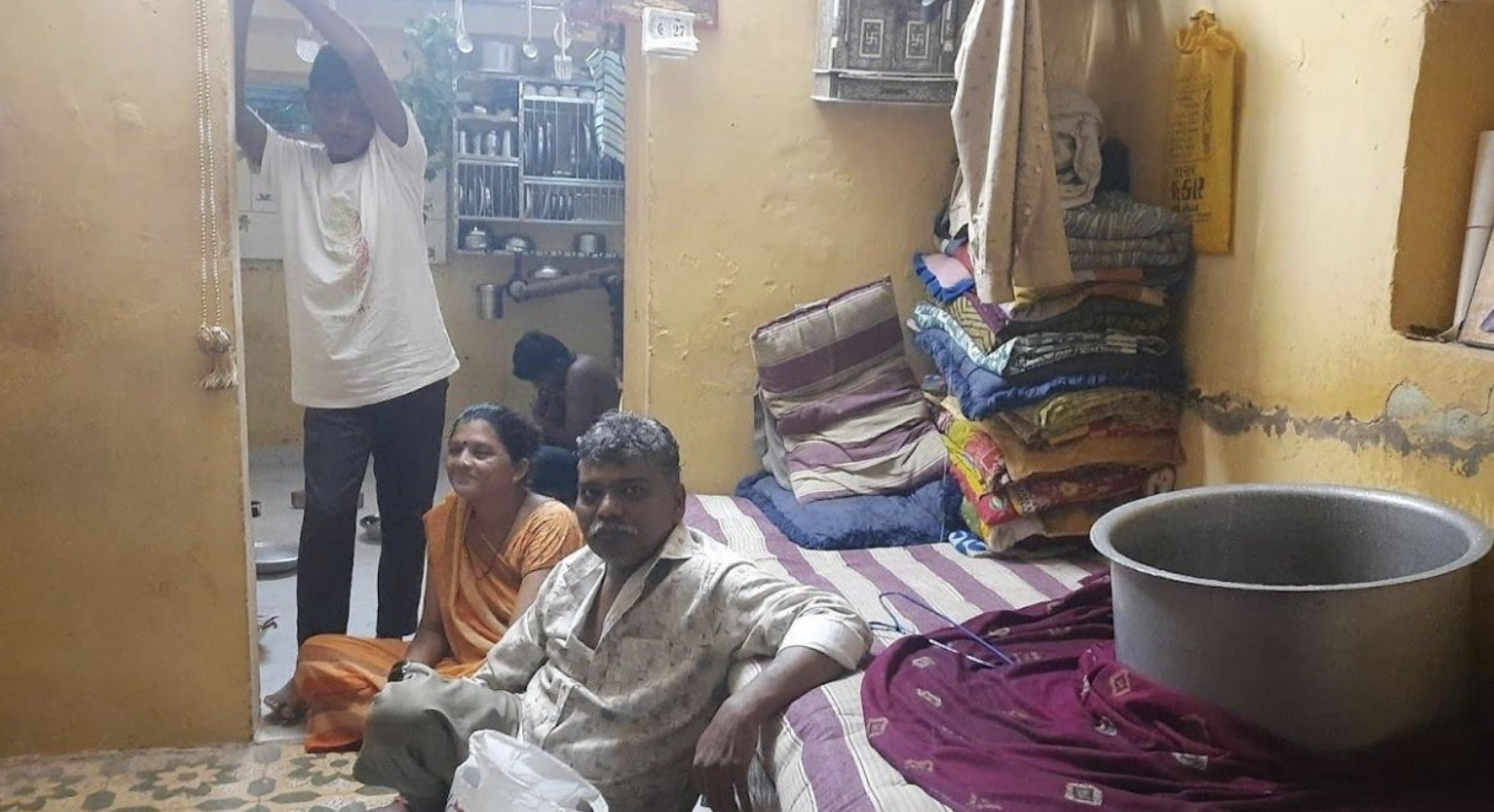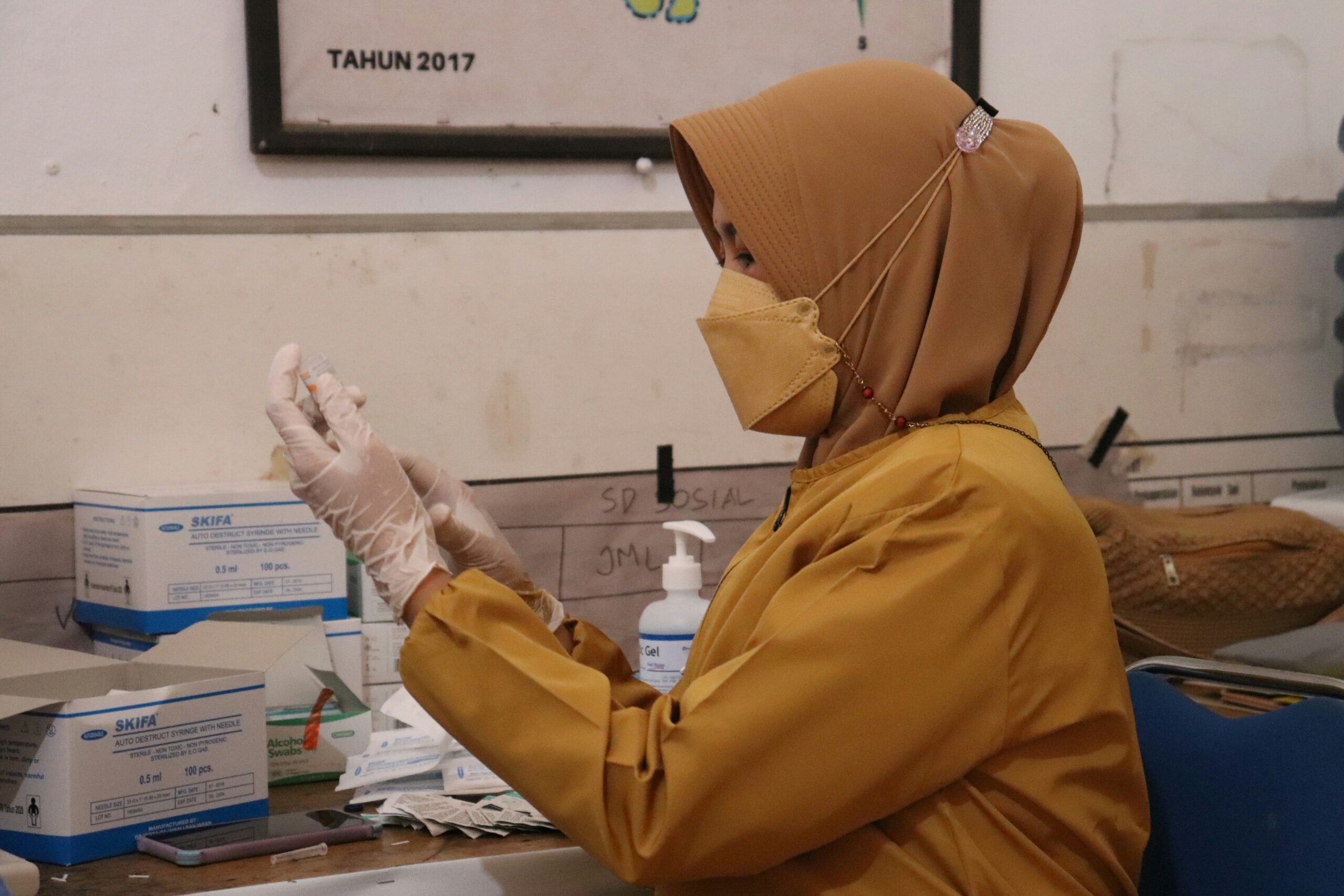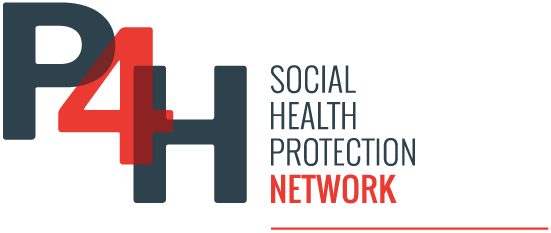Public health in Germany: structures, dynamics, and ways forward
Germany faces challenges in public health despite its strong economy and social welfare system, with health indicators lagging behind other European nations. Key issues include the lack of a central public health authority, insufficient funding for prevention, and...
Sumar Program: an important contributor to UHC in Argentina over 20 years
As part of the Health Systems & Reform journal 2024 edition devoted to Objective-Oriented Health Systems Reform: Implications for Moving Towards Universal Health Coverage, Martin Sabignoso and colleagues look at the legacy of the Programa Sumar in Argentina. Their...

Mexico strengthens its healthcare system by integrating public health and medical care
In order to achieve universal access to health care, the Mexican government knows that public health is a key element of the health system. This way the attention to the population is done in a more efficient way, thus improving the quality of service and waiting...
Madagascar Health Accounts 2019-2020-2021
The preparation of the health accounts is an exercise led by the Ministry of Health, with technical and financial support from the WHO. The international standard methodology of the System of Accounts (SHA) 2011 was applied, making the data collected from countries at...
Breaking Barriers to Universal Health Coverage: Insights from Georgia’s Chronic Disease Medicine Program
Despite global advances toward Universal Health Coverage, financial protection remains a challenge in low- and middle-income countries, with out-of-pocket pharmaceutical costs driving poverty and inequality in Georgia. The study found that while Georgia’s Chronic...

The Unfulfilled Promises of Narendra Modi’s Ayushman Bharat, the World’s Largest Health Scheme
Ayushman Bharat has faced criticism for its inadequate funding, low hospital bed availability, and insufficient support for the most marginalized communities. Despite government claims of success, many beneficiaries experience high out-of-pocket expenses and financial...

Afghanistan’s new National Health Policy (2025–2030): a roadmap to a healthier future
The Afghanistan Ministry of Public Health and WHO launched the National Health Policy (NHP) 2025–2030 to provide quality health care access for all Afghans. The policy emphasizes governance, financing, and workforce development, aiming for a resilient health system...
Financing global public goods for health: pandemic preparedness and beyond
The OECD report provides a comprehensive summary of the high-level meeting on global public goods (GPGs) for health, convened by the OECD and the Global Health Centre (GHC) on 27 November 2024 in Geneva. It captures key discussions on the challenges of financing GPGs,...
Hospital financing: lessons learned from over 25 years of experience with the revision of the case-based payment system in Kyrgyzstan
The Kyrgyz diagnosis related group (DRG) system has played a vital role in health system reforms in Kyrgyzstan, focusing on improving service delivery through careful data management and stakeholder engagement. The evolution of this domestically developed DRG system...

Addressing Africa’s health financing gap: Insights from the AHAIC Conference
Experts at AHAIC 2025 emphasised domestic resource mobilisation, prevention, and public-private partnerships to close Africa’s health financing gap, with only $40 per capita for healthcare in many nations. At the Sixth Africa Health Agenda International Conference...
Forecasting total and cause-specific health expenditures for 116 health conditions in Norway, 2022–2050
This study forecasts an increase in Norway's health spending from 10.6% of GDP in 2022 to 14.3% by 2050, driven primarily by population growth, aging, and rising costs per case. While the overall expenditure growth is inevitable, improving resource allocation and...
Financing healthcare services: a qualitative assessment of private health insurance schemes in Ghana
The study evaluates the operations and performance of Private Health Insurance Schemes (PHIS) in Ghana, highlighting their diverse benefit packages and flexible payment structures that enhance healthcare access and quality. It emphasizes the need for PHIS to establish...

Changing global health landscape affects the Caribbean
The Caribbean countries, small island nations and the region in general must adapt to changing financing for global health. Increased South-South collaboration and enhancing regional cooperation are the future of resilient and sustainable Universal Health Coverage.The...

Malaysia’s healthcare system a ticking bomb
Malaysia's healthcare system is facing significant challenges due to a growing non-communicable disease epidemic, an ageing population, chronic underfunding, and a demoralised workforce, all of which threaten the quality and accessibility of care. Malaysia's...

Thailand to implement carbon tax in 2025
The Thai cabinet has approved the implementation of a carbon tax in 2025 to promote environmental sustainability and address climate change challenges. The levy will be incorporated into the oil tax without impacting retail fuel prices.The Thai cabinet has approved a...
